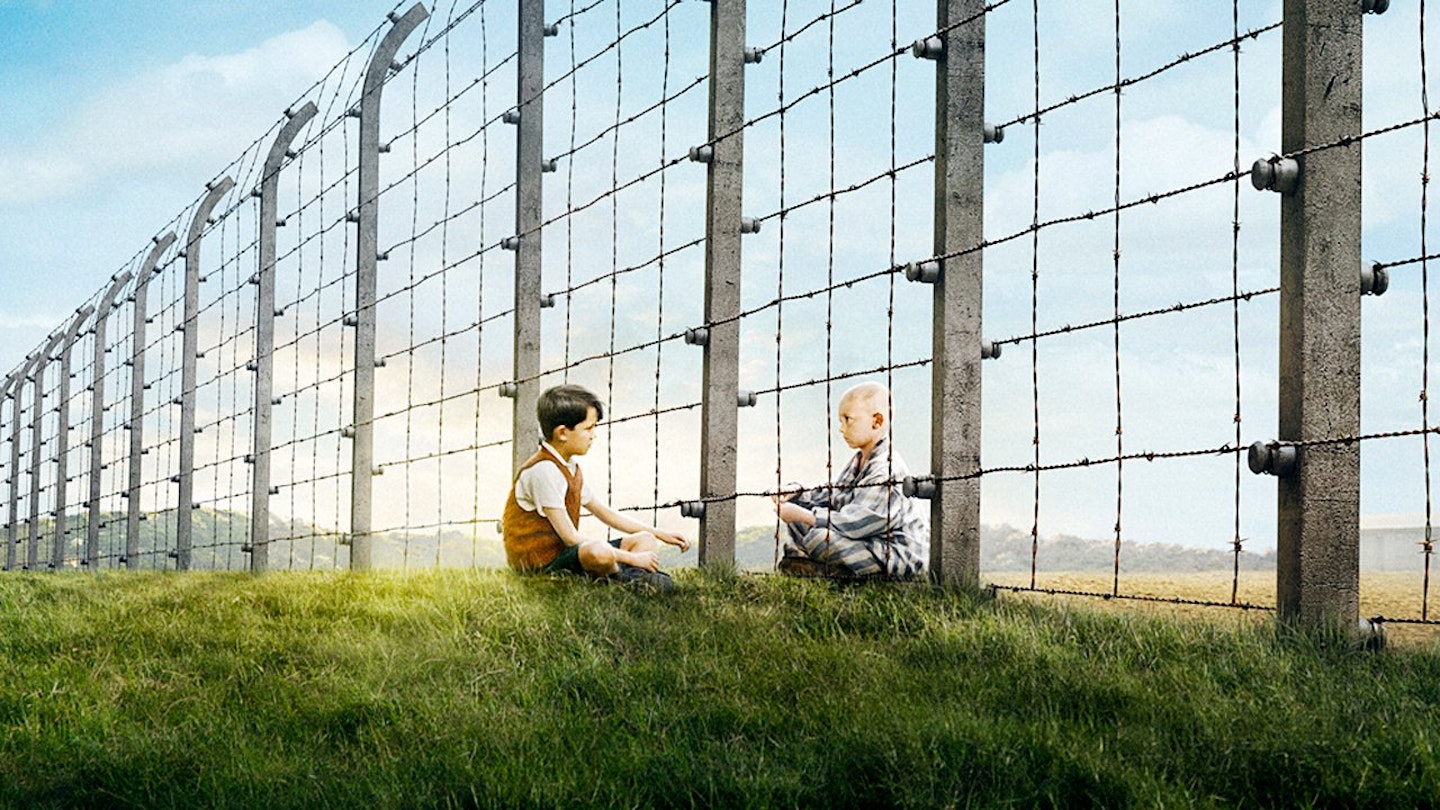Tackling the Holocaust takes a brave soul. To turn such tragedy into fiction, however noble your intention, is to lurk over the trapdoor daubed exploitation. Even Spielberg’s Oscar winning Schindler’s List had Shoah director Claude Lanzmann hiss about “kitsch melodrama”. Tackling the Holocaust through the eyes of a child reeks of madness. How do you sell death camps to the Hogwarts generation?
Yet Mark Herman’s adaptation of John Boyne's novella succeeds by granting the story the glint of fable. At eight years old, the prejudice curdling his teen sister is alien to Bruno (Butterfield). So hungry is Bruno for companionship, he sees only a friend in the boy in raggedy stripes sitting across the wire. Shmuel (Scanlon) is just hungry.
If Herman’s style falls prey to the bone-china stiltedness of Sunday TV, it is sticky with dread. His camera rarely escapes the commandant’s house, a modernist castle stiff with its own locks, bars, and a house-slave in lank ‘pyjamas’; perversely washed in a dappled summer light, as if on the edge of a strange dream. Only later do clouds gather.
Both Farmiga and Thewlis furnish their parental roles with real humanity. Thewlis, especially, makes sense of the contradiction in this caring father overseeing genocide. The child-actors look right - Butterfield has the angelic gaze of antique photographs - but their prep-school delivery feels stiff.
None of which prepares you for the ending. Mustering a dark, vicious power, Herman passes out of fairytale into the sickening coils of history. There is an image, of a gas-masked soldier pouring Zyklon B through a rainstorm, so disarming even Lanzmann will recoil.
